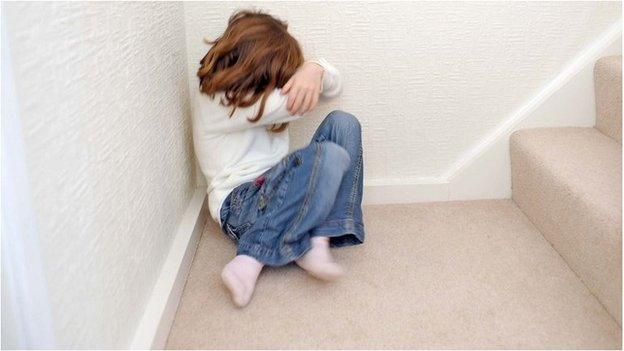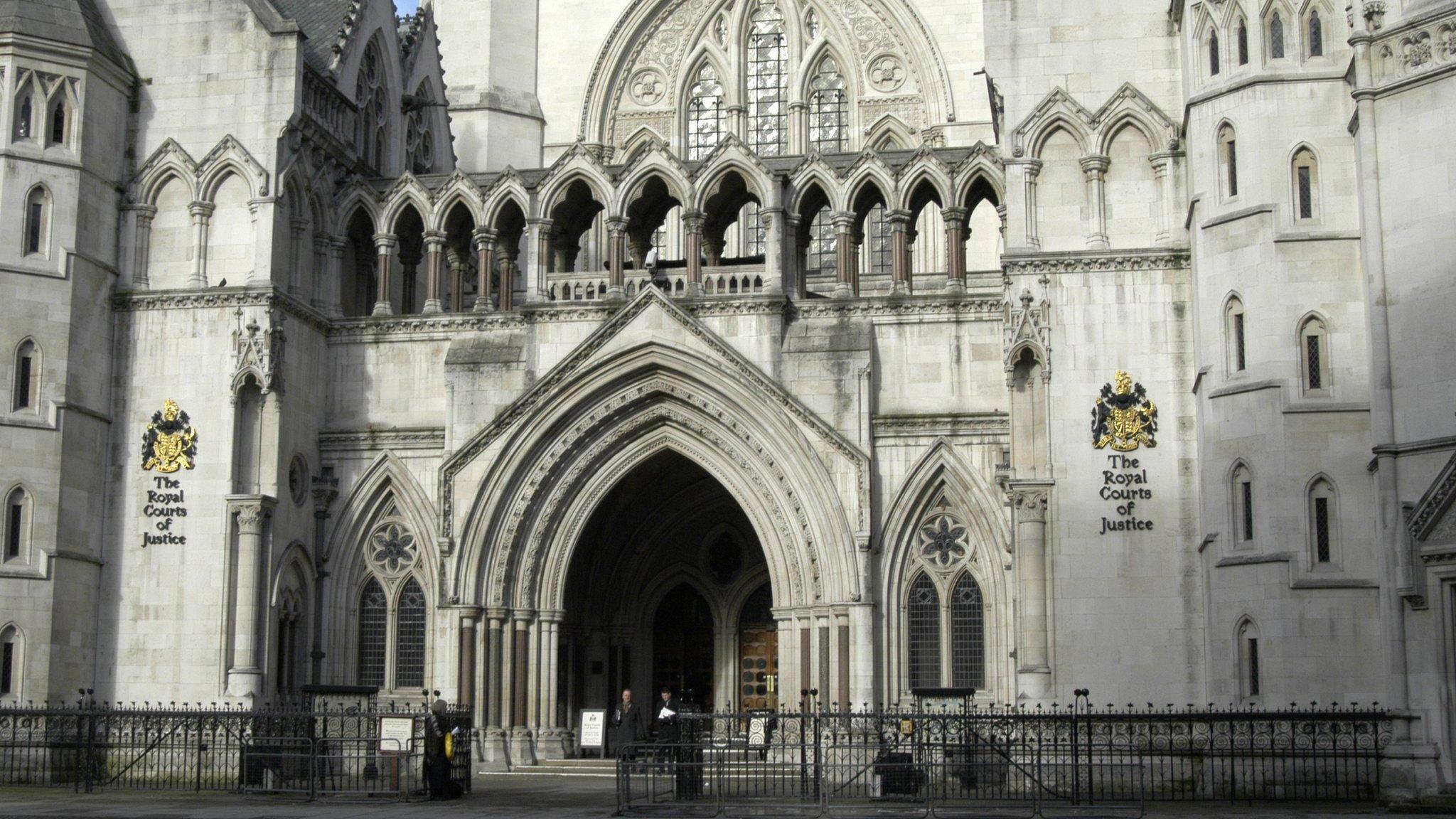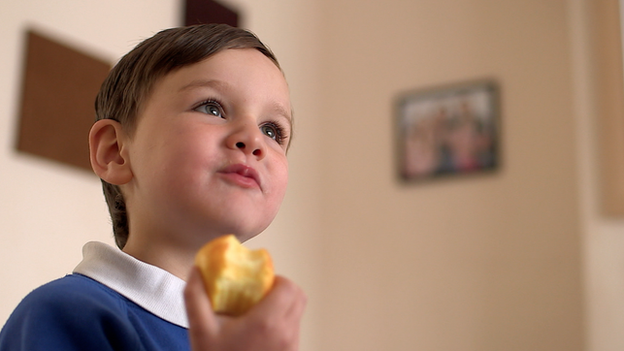New Family Court comes into being amid justice reforms
- Published

A review found that vulnerable children were having their "futures undermined" by excessive delays
New combined Family Courts have come into being in England and Wales as part of family justice system reforms.
The plan also includes new time frames for cases where children are taken into care and compulsory mediation awareness sessions for separating couples.
Justice Minister Simon Hughes said it was "a hugely important change" to what had been a "very dysfunctional system".
But the chief executive of the Family Rights Group charity said some of the changes could "work against children".
Range of shortcomings
There are about 270,000 new family cases each year dealing with issues such as local authority intervention, divorce, domestic violence and adoption.
A review carried out in 2011 found that vulnerable children were having their "futures undermined" by excessive delays, with care and supervision cases taking an average of 56 weeks.
Although that has come down, the reforms address a range of shortcomings. They include rules to ensure:
Care cases are normally completed within six months in a single Family Court, which replaces the current three-tier court system in family cases
Separating couples must attend a mediation awareness session before taking disputes over their finances or their children to court
Limits on the amount of expert evidence that can be used in cases involving children, only being permitted when it is necessary to resolve the case justly
There are also changes to the way in which children are dealt with in family cases, with the abolition of labels such as "residence" and "contact", which were thought to focus on the rights of parents rather than the needs of the child.
Justice minister Simon Hughes says the move provides more security for children
The changes are also intended to ensure the right level of judge is appointed for a particular Family Court case, and that it is held in the most suitable location.
Justices' clerks and their assistants will be authorised to assist all judges across the Family Court.
'Cultural revolution'
BBC legal correspondent Clive Coleman said: "The new 26-week time limit should mean speedier and better outcomes for vulnerable children. But there are risks.
"There is a power to extend the 26-week period if it is necessary to resolve the case justly, but this is new law and no one quite knows how it will be applied."
Sir James Munby, President of the Family Division, said: "Today marks the largest reform of the family justice system any of us have seen or will see in our professional lifetimes.
"Taken as a whole, these reforms amount to a revolution. There has been, indeed there had to be, a fundamental change in the cultures of the family courts. This is truly a cultural revolution.
"I have visited every care centre to see for myself how it is taking shape."
Family Justice Minister Simon Hughes told the BBC that under the previous system "the battle over children went on for weeks and weeks and months and months absolutely against the interests of the child".
Mediation sessions
The new rules would provide "security and certainty", he predicted, and would prevent children being "moved from pillar to post".
But Family Rights Group chief executive Cathy Ashley told BBC Radio 4's Today programme the reforms were a "hotch potch".
"There are some positive measures, but also some provisions will potentially work against children", she said, raising concerns about safeguards when care proceedings are speeded up.
She also said proposals to allow foster carers to go on to adopt children they are looking after could make it harder for children to be placed with their extended family.
Family lawyer Marilyn Stowe questioned the move to force separating couples to attend compulsory mediation awareness sessions.
Mediation should be "complementary" to the court system, she said.
- Published14 January 2014

- Published13 January 2014

- Published17 October 2013

- Published16 May 2013